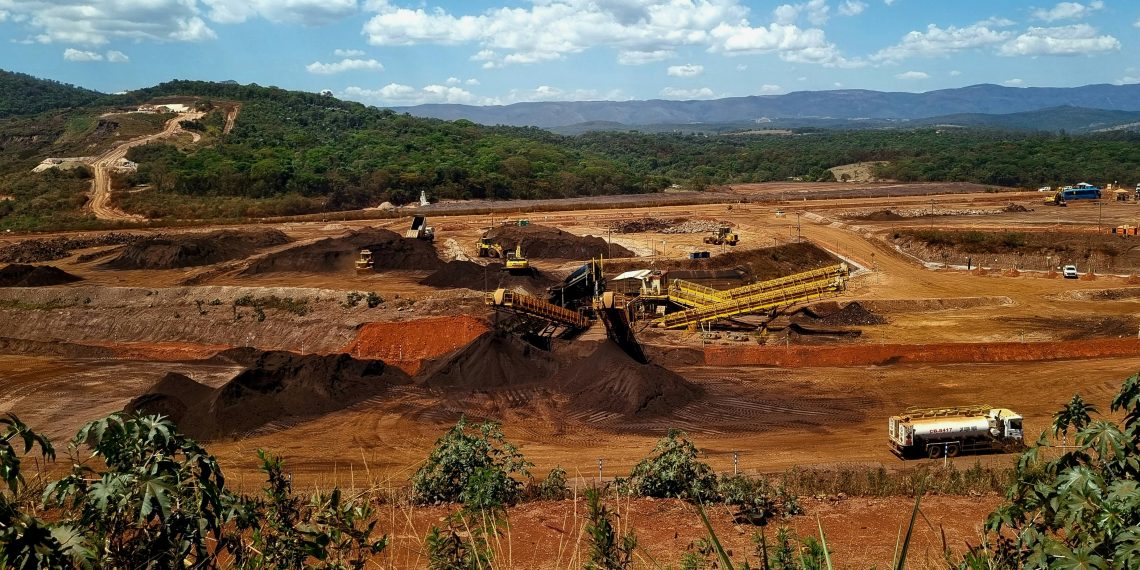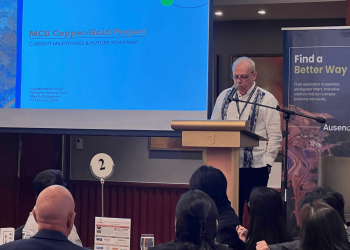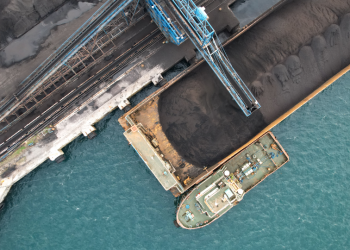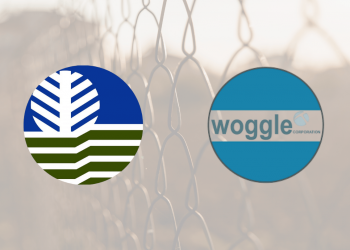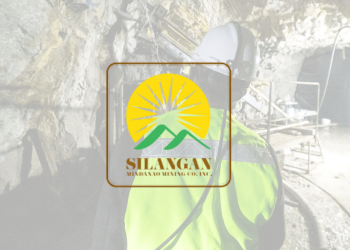Advocating for a halt on the issuance of new permits for mining operations across the province, participants of the Provincial Stakeholders’ Congress on Mining and the Environment (PSCME) convened in Palawan’s capital city on Friday.
In a report by The Philippine Daily Inquirer, the stakeholders urged for a temporary suspension of the approval of applications for new mining exploration, mineral production sharing agreements (MPSA), and financial or technical assistance agreements.
This call for a moratorium coincided with the ongoing review of Republic Act No. 7942, also known as the Philippine Mining Act of 1995, for proposed amendments.
Organized by the Palawan provincial government, the PSCME aimed to gather insights from local officials, government agency heads, businesses, academic institutions, NGOs, and religious leaders regarding the mining industry’s impact on the environment in Palawan.
Governor Victorino Dennis Socrates stated the significance of the congress in shaping the province’s future policies on mining, considering the evolving challenges and concerns surrounding environmental conservation.
While affirming the sentiment echoed by the majority of Palaweños, he clarified that any potential moratorium would solely affect new and around 84 pending mining applicants, excluding the nine existing mining operators in Palawan.
Discussions at the congress spanned various topics, including sustainable development frameworks, impacts on socio-economic development, compliance monitoring, and enforcement measures. Of particular focus was the issue of sustainable mining and its feasibility.
In addition to the call for a moratorium, the declaration advocated for stricter penalties for violations as per the terms and conditions in the environmental compliance certificate and Social Development and Management Program, increased royalty shares for indigenous communities, and the requirement for mining companies to obtain business permits from host municipalities.
Furthermore, the declaration proposed an expansion and rotation of civil society organization representation in monitoring teams, as well as the inclusion of additional members from the religious sector in the Palawan Council for Sustainable Development (PCSD).
While non-binding, the declaration is expected to serve as a guiding framework for policymakers, emphasizing the overwhelming public sentiment and the need for conscientious decision-making, particularly within regulatory bodies such as the PCSD.



